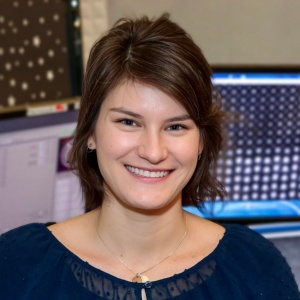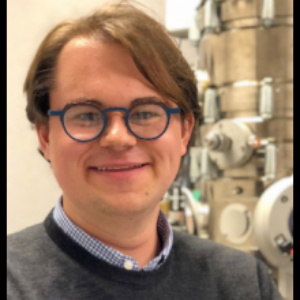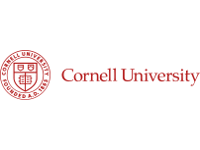
David Muller
Professor Applied and Engineering Physics
Cornell University
David Muller is the Samuel B. Eckert Professor of Engineering in the School of Applied and Engineering Physics at Cornell University, and the co-director of the Kavli Institute at Cornell for Nanoscale Science. His current research interests include developing the hardware and algorithms for high-speed pixelated detectors for imaging beyond the diffraction limit, and the atomic-scale control and characterization of matter for applications in energy storage and conversion. David is a graduate of the University of Sydney and received a Ph.D. from Cornell University. As a scientist at Bell Labs, he applied his research on imaging single atoms and atomic-scale spectroscopy to determine the physical limits on how small a transistor can be made. He has developed quantitative imaging and characterization methods to explore the chemistry, electronic structure and bonding inside objects as diverse as fuel cells, batteries, transistors, and two-dimensional superconductors. David is a fellow of both the American Physical Society and the Microscopy Society of America, and recipient of the MSA Burton Medal and MAS Duncumb Award. David was recently recognized as The 2024 Joseph F. Keithley Award For Advances in Measurement Science recipient.

Robert Hovden
Assistant Professor Department of Materials Science and Engineering
University of Michigan
Robert Hovden is an Assistant Professor in Materials Science at the University of Michigan, Ann Arbor. He completed his Ph.D. in Applied Physics at Cornell University. Utilizing electron microscopy he unveils new understanding of how structure at the atomic and nanoscale determines material properties at the macroscale—spanning a wide class of systems including 2D materials, next-generation energy devices, and biominerals.

Berit Goodge
Max Planck Institute for Chemical Physics
Dresdan, Germany
Berit H. Goodge is a Minerva Group Leader and Schmidt Science Fellow in the Physics of Quantum Materials department at the Max Planck Institute for Chemical Physics of Solids in Dresden, Germany. She holds a BA in physics from Carleton College and MSc and PhD in Applied Physics from Cornell University. Her graduate work carried out with Lena F. Kourkoutis focussed on the development and application of high resolution structural and spectroscopic measurements of crystalline materials under signal-limited conditions in the scanning transmission electron microscope. Before moving to Dresden, she worked with Kwabena Bediako as a Presidential Postdoctoral Fellow in the Department of Chemistry at the University of California, Berkeley, leveraging experimental techniques from her PhD to study intercalated transition metal dichalcogenides. Her group in Dresden is currently working to probe fundamental characteristics of the newly discovered superconducting nickelates through a suite of structural, spectroscopic, and electronic measurements.

Steve Zeltmann
PARADIM Staff Scientist
Cornell University
Steven Zeltmann is the PARADIM staff scientist for electron microscopy. Steven's research focuses on nanoscale characterization of materials using four-dimensional scanning transmission electron microscopy, combining experiment and computation. He is one of the lead developers of the open-source analysis package py4DSTEM. He received his PhD in Materials Science and Engineering at the University of California, Berkeley and performed his graduate work at the National Center for Electron Microscopy at Lawrence Berkeley National Lab.







